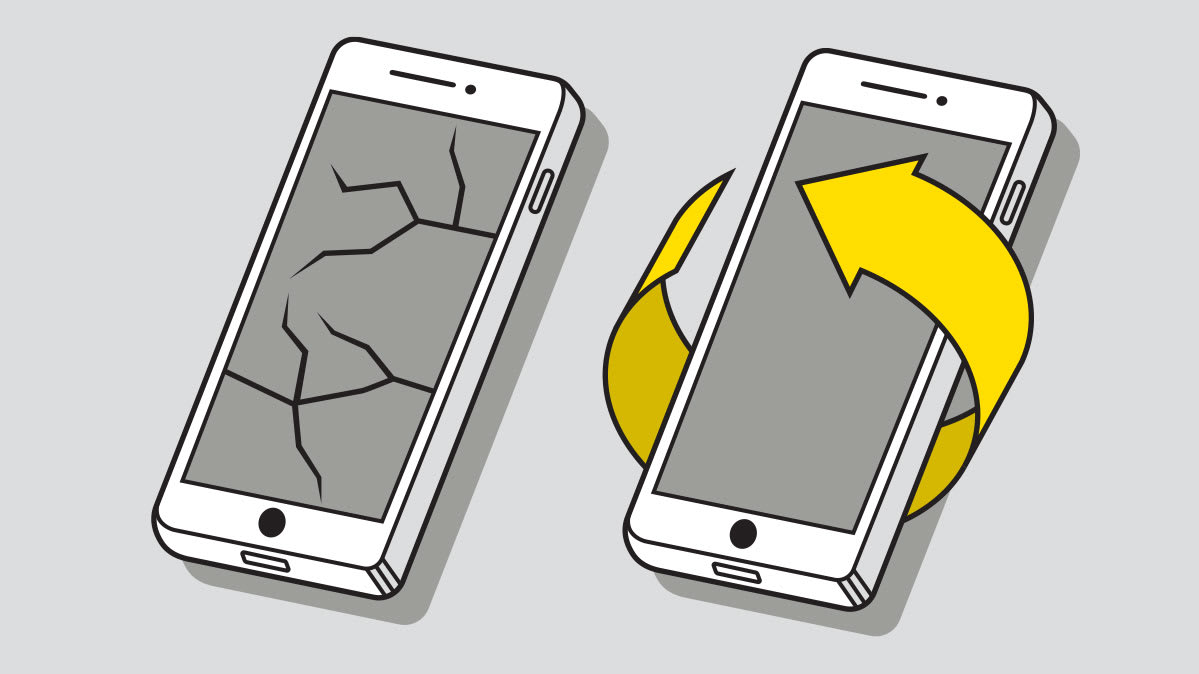Soldering is a fundamental skill in various industries, including electronics, jewelry making, and plumbing. Whether you are a hobbyist or aspiring professional, learning soldering at home can open up a world of possibilities. In this blog post, we will explore the most effective and practical ways to learn soldering, providing you with the knowledge and resources to become a proficient soldering expert.
- Understanding the Basics:
Before diving into soldering, it is crucial to grasp the fundamental concepts. Familiarize yourself with the components involved, such as solder, flux, and the soldering iron. Learn about different types of soldering techniques, including through-hole and surface mount soldering. Understanding these basics will lay a solid foundation for your soldering journey. - Building a Knowledge Base:
To excel in soldering, it is essential to expand your knowledge base. Explore online resources, such as tutorials, forums, and instructional videos. Websites like YouTube, Instructables, and Adafruit offer a wealth of soldering tutorials for beginners and advanced learners alike. Additionally, consider investing in books or online courses that provide in-depth insights into soldering techniques, troubleshooting, and best practices. - Assembling a Soldering Station:
Creating a conducive workspace is crucial for effective soldering. Set up a dedicated soldering station at home, equipped with the necessary tools and equipment. Ensure you have a quality soldering iron with adjustable temperature settings, a soldering stand, soldering wire, flux, and a sponge for cleaning the soldering iron tip. Having a well-organized and properly equipped soldering station will enhance your learning experience. - Starting with Simple Projects:
Practice makes perfect, and soldering is no exception. Begin your soldering journey by working on simple projects. Start with basic electronic kits, such as LED circuits or small PCBs. These projects will allow you to practice soldering components onto a board, understand heat management, and develop your hand-eye coordination. Gradually progress to more complex projects as you gain confidence and proficiency. - Learning from Mistakes:
Soldering is a skill that requires patience and perseverance. Embrace the learning process and learn from your mistakes. Analyze any soldering joints that didn't turn out as expected and identify areas for improvement. Seek feedback from experienced soldering enthusiasts or join online communities where you can share your work and receive constructive criticism. Learning from your mistakes will help you refine your technique and enhance your soldering skills. - Exploring Advanced Techniques:
Once you have mastered the basics, challenge yourself by exploring advanced soldering techniques. These may include soldering surface mount components, reworking soldered connections, or desoldering. Advanced techniques require precision and attention to detail, but they will significantly expand your soldering capabilities and open up new opportunities in various industries.
Conclusion:
Learning soldering at home is an enriching and rewarding experience. By understanding the basics, building a knowledge base, setting up a soldering station, practicing with simple projects, learning from mistakes, and exploring advanced techniques, you can become a proficient soldering expert. Embrace the journey, be patient, and enjoy the process of mastering the art of soldering.


